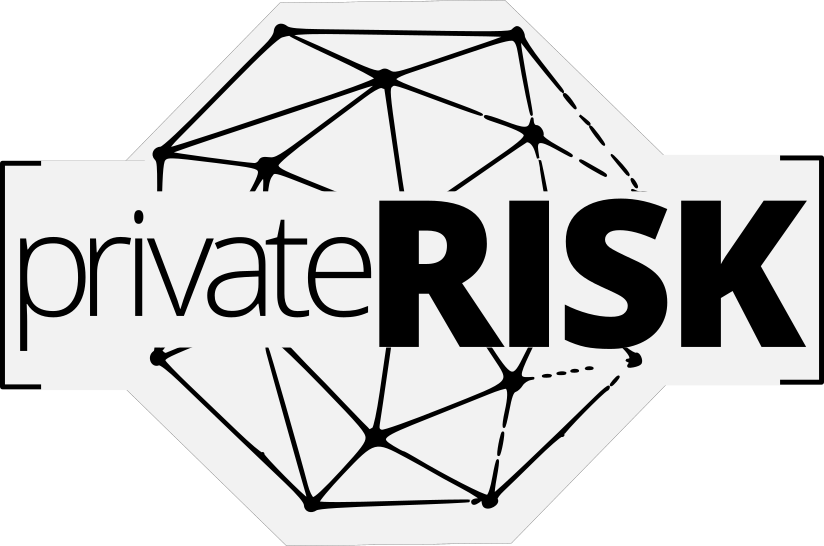Facts About the Capital One Hack
Multiple news outlets are reporting that a 33-year old hacker from Seattle was able to access a Capital One serves and compromise over 100 million user accounts and applications.
Capital One states that no credit card numbers or log-in information was obtained. Here is what we know was compromised:
- 140,00 Social Security Numbers
- 1,000,000 Canadian Social Insurance Numbers
- 80,000 bank account numbers
The U.S. Justice Department confirmed that the incident occurred between March 22 and March 23, 2019 and that the hacker was arrested this Monday July 29, 2019.
Capital One Logo Source: Capital One, via Twitter
PROTECT YOURSELF
Learn More About Data Privacy & Security in privateRISK‘s comprehensive guide.
“While I am grateful that the perpetrator has been caught, I am deeply sorry for what has happened. I sincerely apologize for the understandable worry this incident must be causing those affected and I am committed to making it right.” — Richard D. Fairbank, Chairman and CEO Capital One
How Big Is This Breach
This breach is large in scale but appears to be contained as the hacker did not yet distribute the information she gathered.
Has the Breach Been Fixed
Capital One has since patched the security vulnerability which lied with a misconfigured firewall application.
How Do I Know If I Am Impacted
Capital One will contact everyone affected and provide the customary monitoring services.
How Has Capital One Responded to the Breach
Capital One has issued a formal statement and a list of facts about the breach at their website: https://www.capitalone.com/facts2019. Here is an excerpt:
What Should I Do After The Capital One Hack?
Here is a mini-guide to addressing the Capital One data breach:
- Capital One will notify affected individuals and provide complimentary credit monitoring and identity protection available to all affected.
- Monitor your accounts for unusual activity. Enroll in account text and/or email alerts to help keep track of it all.
- Call the number on the back of your credit card to report unusual activity.
- Be extra wary and look for phishing emails and calls in the wake of this breach.
- Report suspicious emails by forwarding them to the official Capital One security account, abuse@capitalone.com.
- Remember, Capital One will not ask for your credit card, account information or Social Security numbers over the phone or via email.
About the author

Bob
Strategist | Advisor | Thought Leader
Bob Raymond manages risk for many of the country’s preeminent families and family offices. He is an outside director, educator, and the founder of privateRISK.
Be the first to KNOW
Get Breaking News, Trends, and Advice
privateRISK.org

